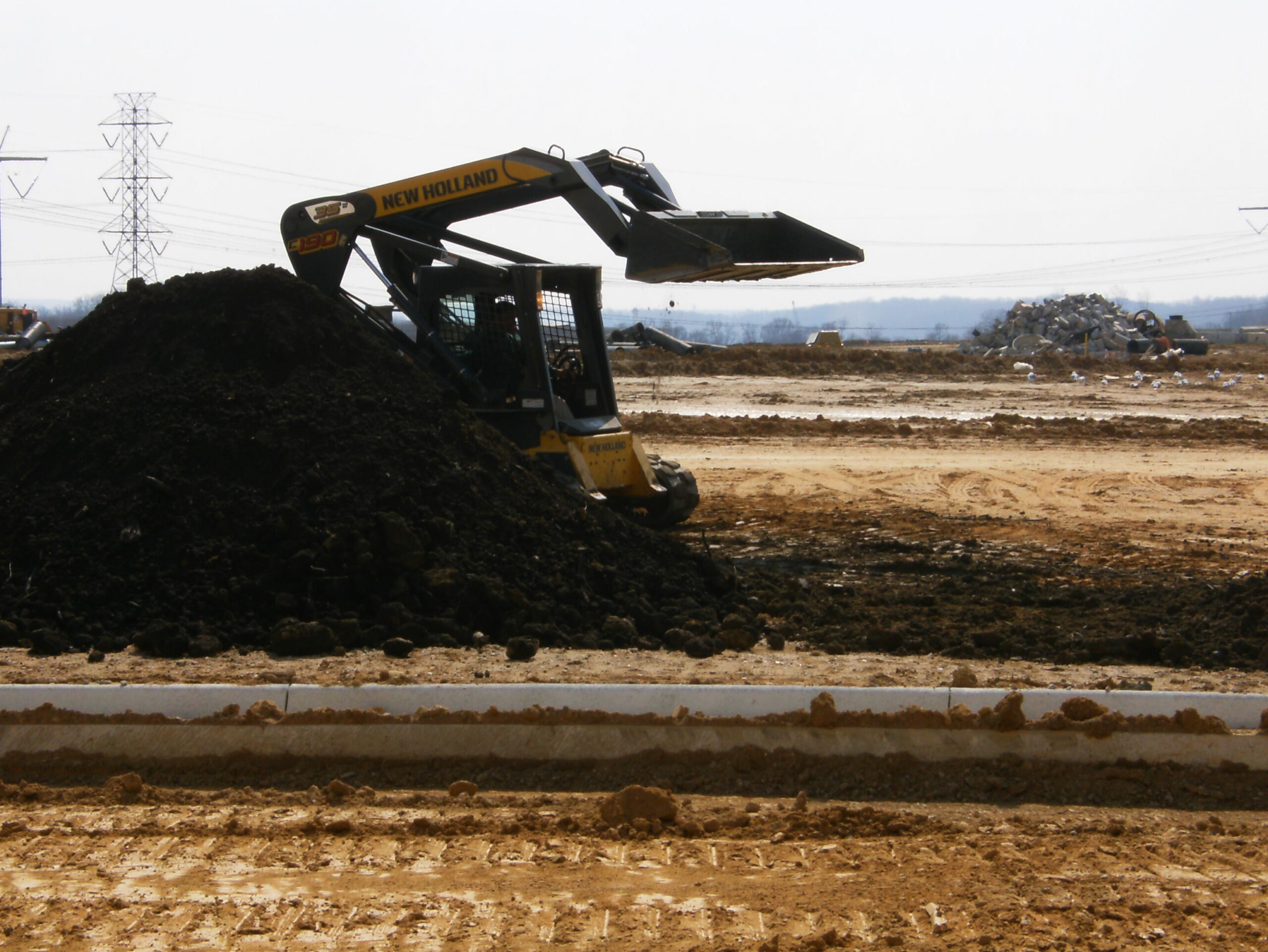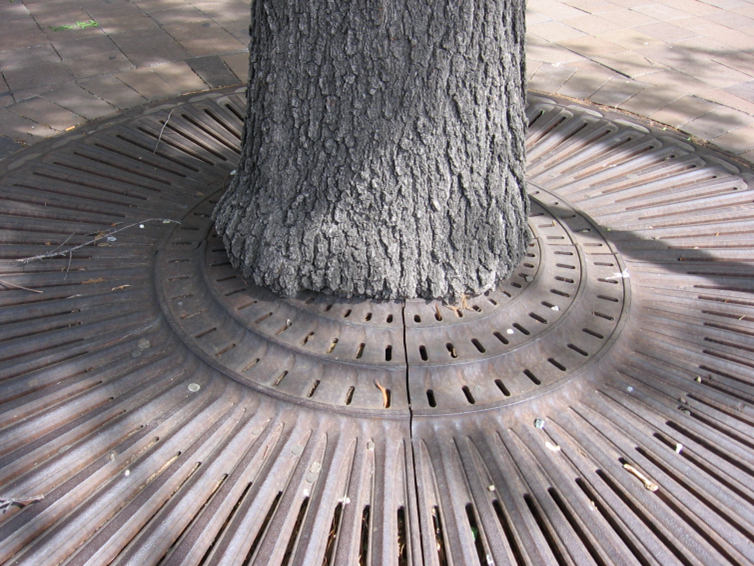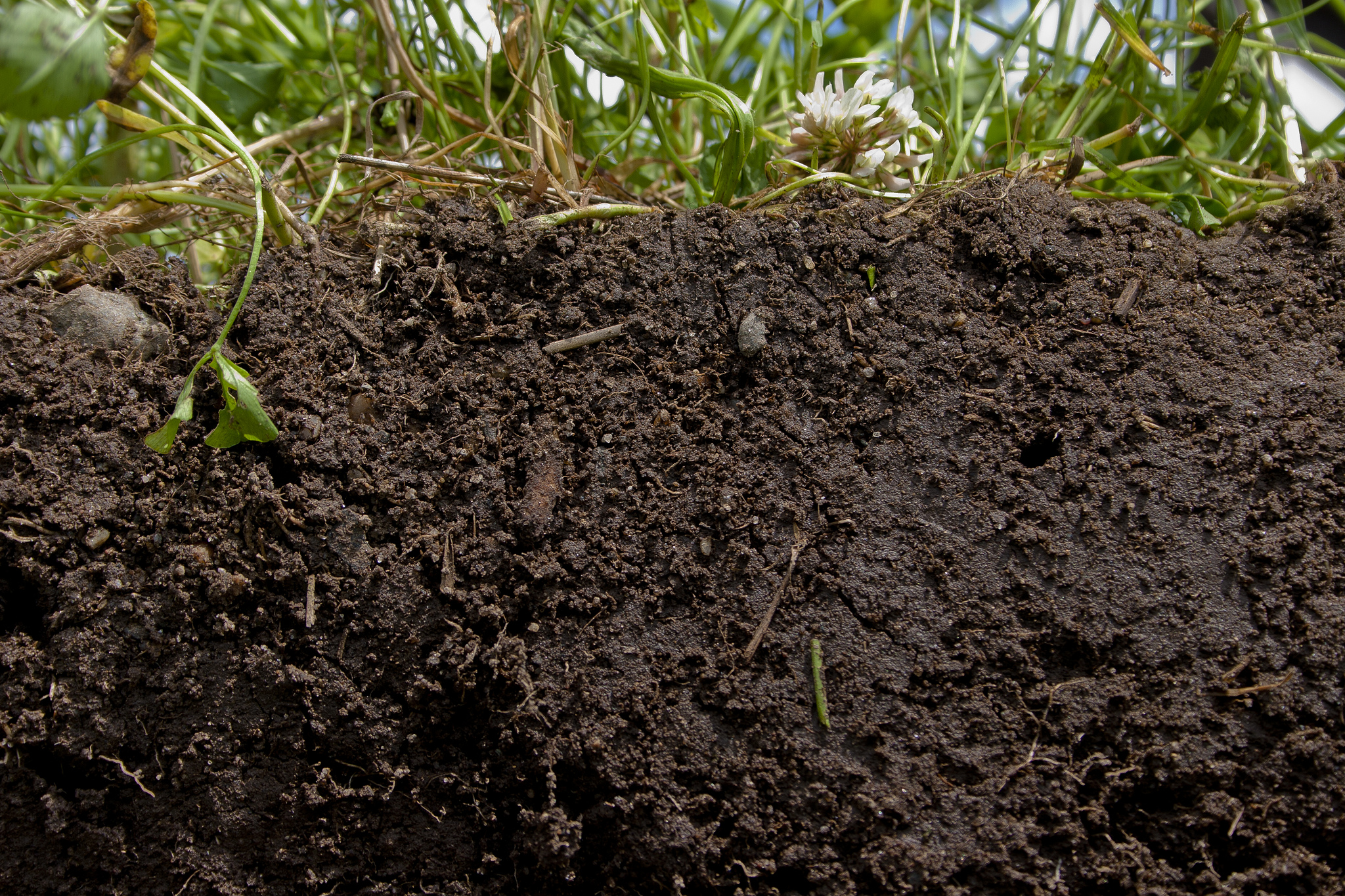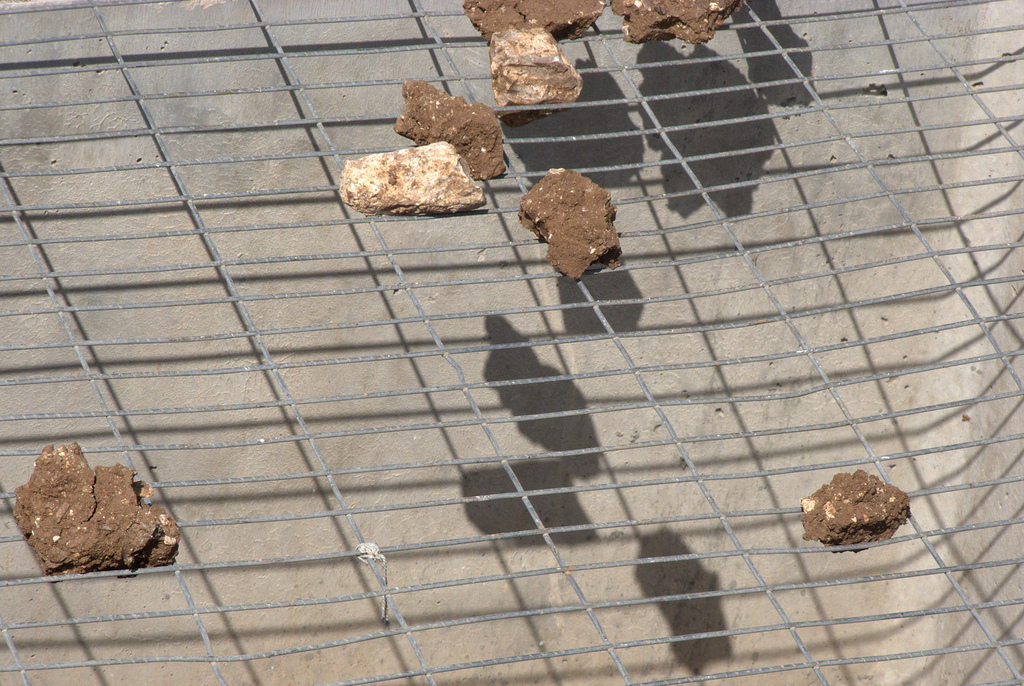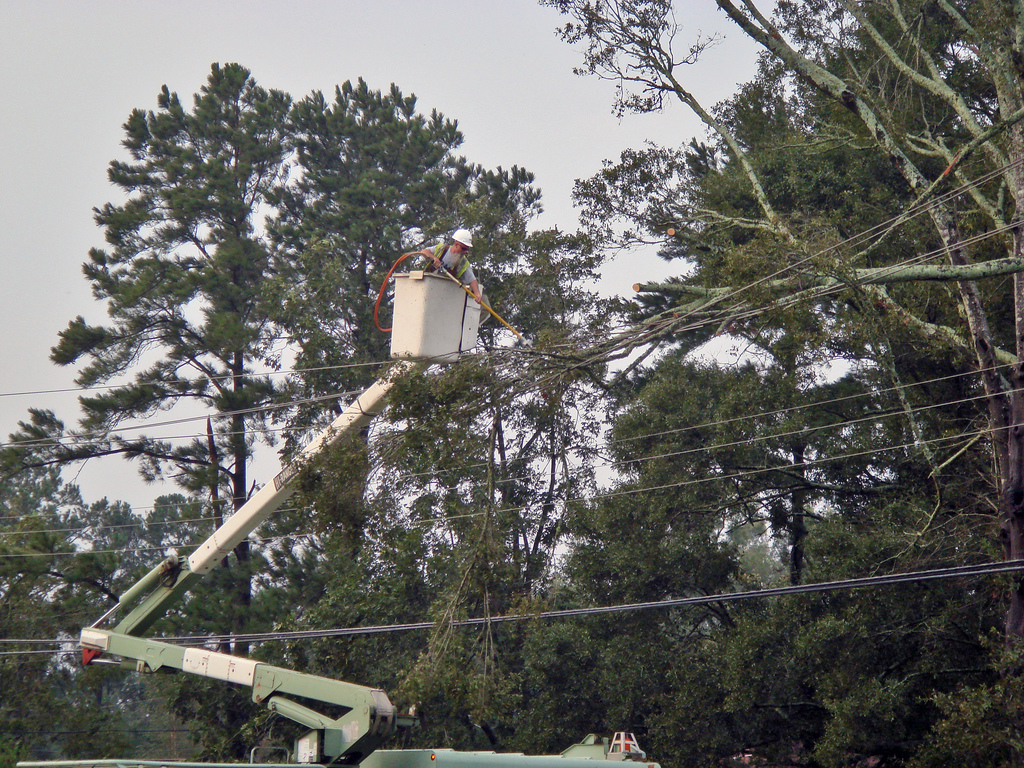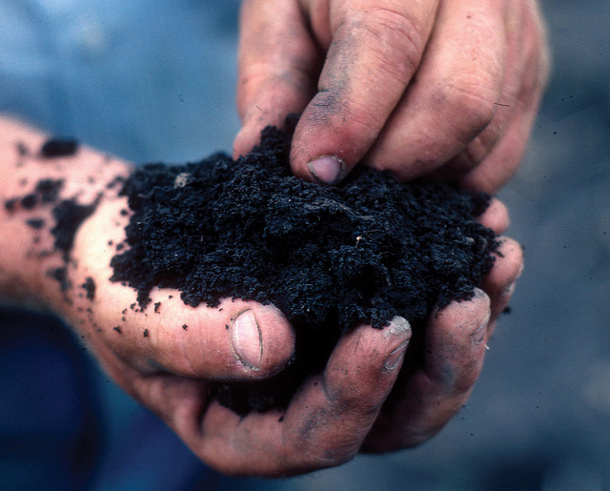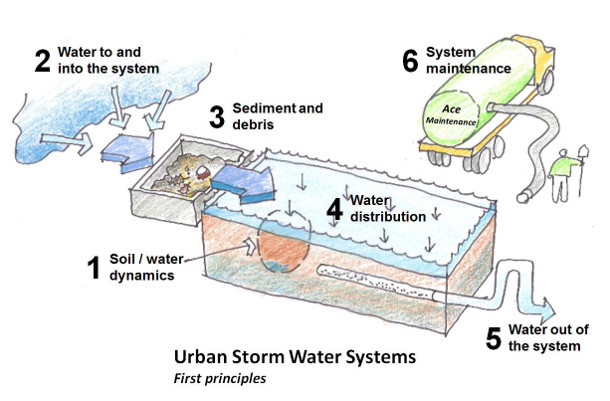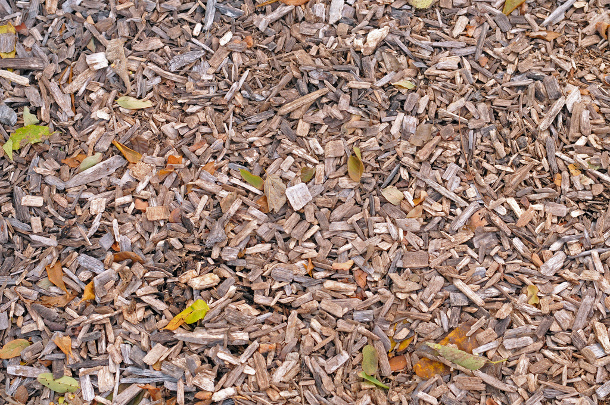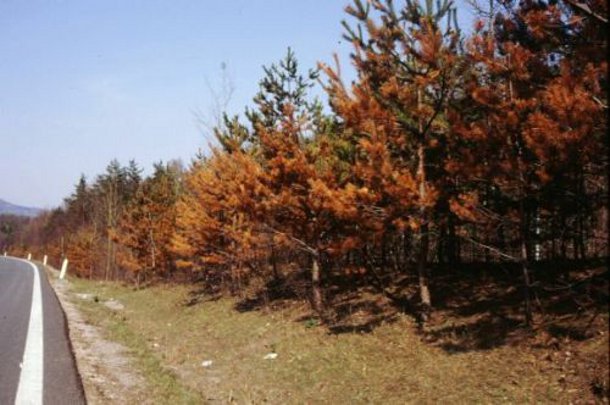Reusing Existing Urban Soil for Planting
Most urban sites have some amount of mineral soil in place when the time comes to install plant material, yet these soils are often assumed – erroneously – to be unsuitable. Historically there have been two approaches to this situation. The default option is to ignore the problem, or make minor modifications such as digging… More

